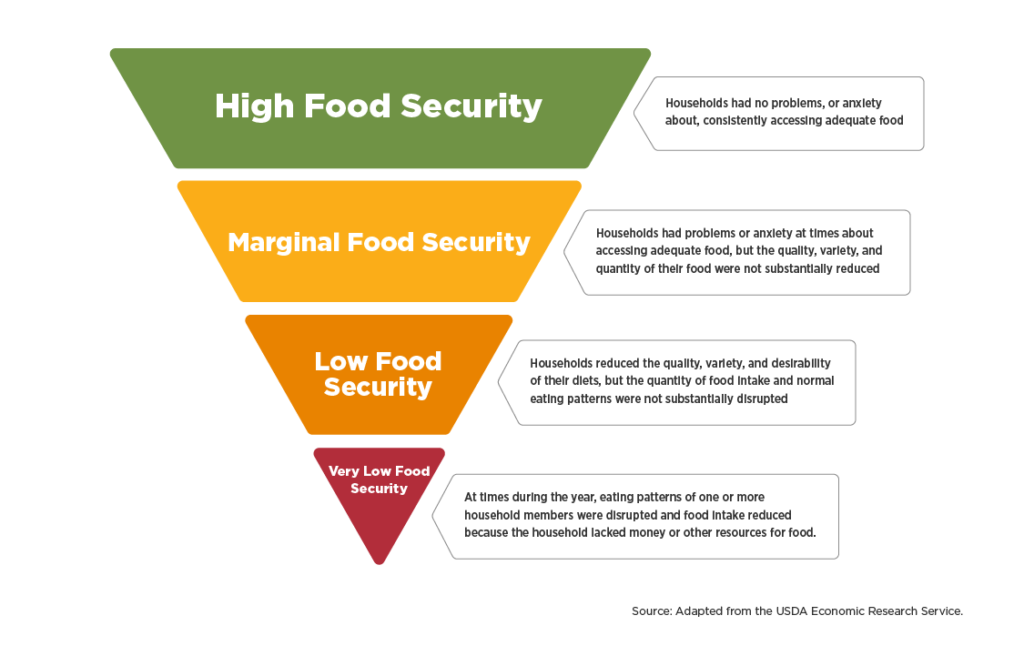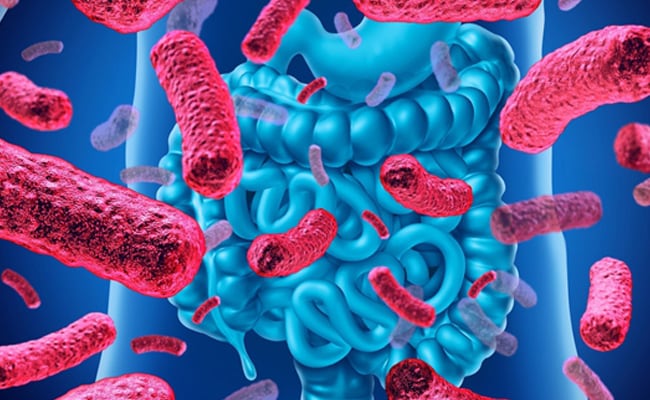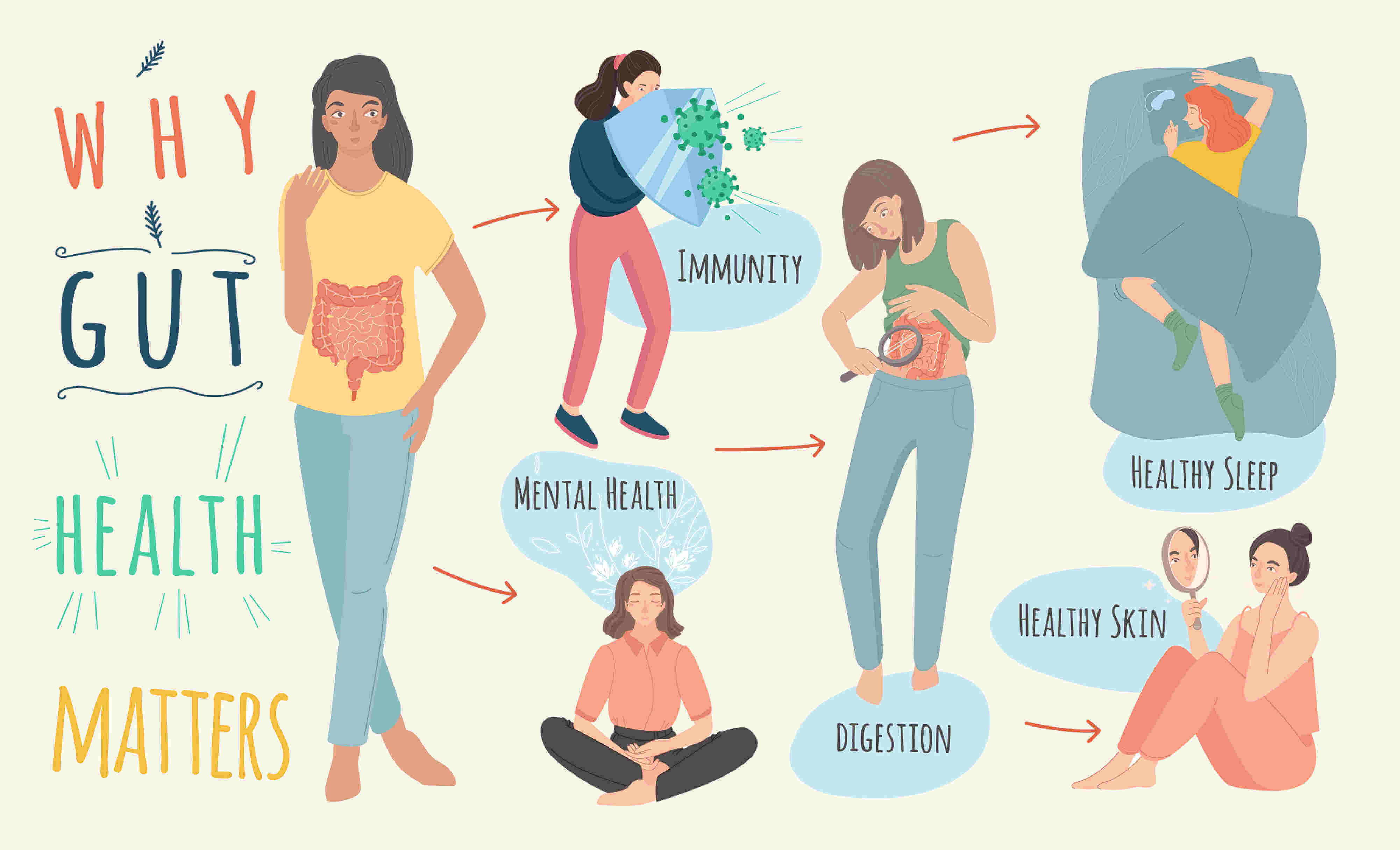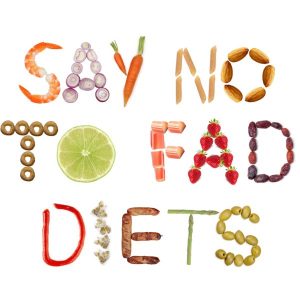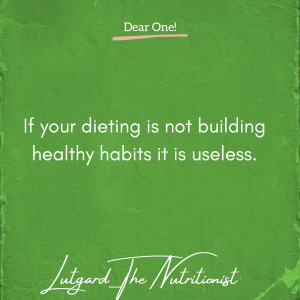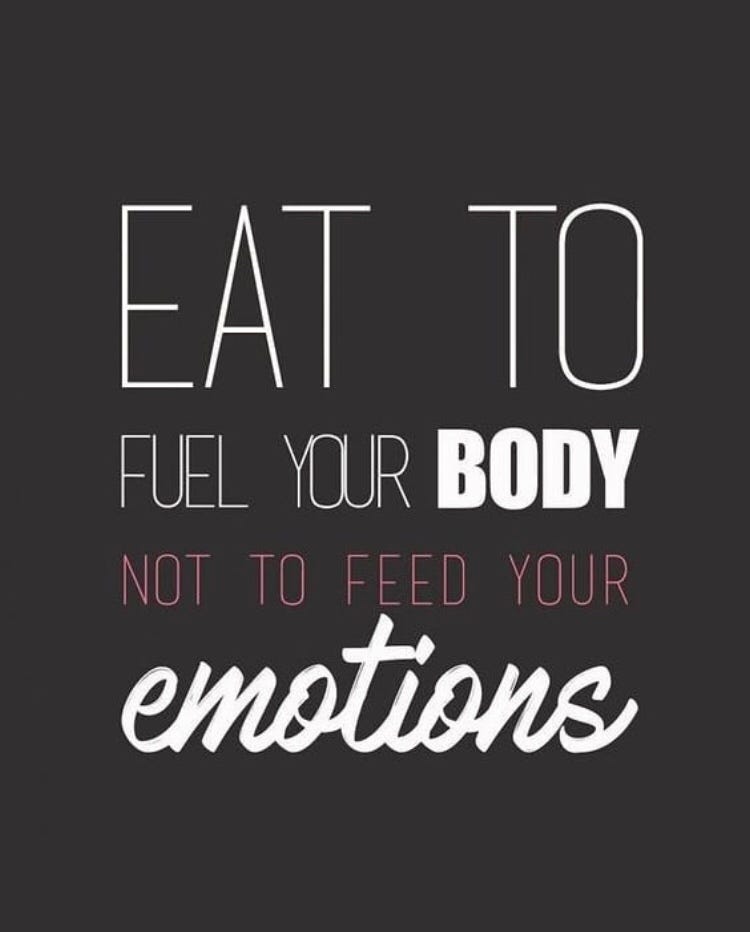This has been a long time coming. I promised to return and share how we can improve food security but I had gone away a little bit to fill my cup and I am happy to be back.
As previously mentioned in the last article, food security exists when all people, at all times, have physical and economic access to sufficient, safe, and nutritious food that meets their dietary needs and food preferences for an active and healthy life.
Here are 6 ways I believe food security can be improved
-
Let us respect nature
Human civilization which shouldn’t be a bad thing carried with it global warming whose effects are biting hard and have caused food insecurity. Bill Bryson wrote “You are totally at the mercy of nature in this country, mate. It’s just a fact of life”, and I couldn’t agree more so each time you participate in environmental degradation, know that is at your hands we will suffer as a nation. Environmental degradation which includes the depletion of natural resources, destruction of ecosystems, name it, have caused climate change. This in turn has increased the number of weather-related disasters such as floods and droughts consequently making food supply chains to be more vulnerable. We need to respect mother nature for it to support us. Start from where you are, plant those trees, leave the swamps alone, cut the forests some slack and there shall we be able to improve food security. There is power in working with nature.
To our leaders, kindly prioritize ecosystem monitoring and assessment programs that will provide integrated, high-quality information for better and timely decision-making.
2. Agriculture needs its lost glory back
There is a need for agriculture to be made profitable and attractive once again. Agriculture is very frustrating lately which leaves it to a handful of people to feed the nation as well as export to the many nations that we feed. Agriculture is the backbone of our economy and matter of fact, growing up, being a farmer was one of the most honorable things one could be. Income was almost always guaranteed but this has since changed as farmers continue to suffer from countless losses due to climate negative effects, and monopolistic tendencies from some people who want to control the market. Many young people are shying away from agriculture and resorting to other fields or remaining in agriculture as middlemen. Young people who are the future of this nation need to be involved in the planning, design, and implementation of agricultural policies. The government ought to spend on reducing real and perceived agribusiness risks, enabling financing, and improving infrastructure. Rural agribusinesses can thrive when they have access to finances and are well-connected to local communities and markets. Let us not devalue this food basket, please.
3. Prioritize healthy diets
There is a tendency for consumers to resort to changing their consumption habits or purchasing less nutritious foods, which are often cheaper when food prices go up. We all know what happens when we abuse our diets. Let us learn creative ways to have fresh food all year round, support farmers, prioritize citizens over exports, and encourage urban farming. We need to sensitize the masses that their health ought to be guarded jealously even when food prices for fresh food skyrockets. At all times but especially in the hard times, governments should also encourage producers of fresh food and provide them the needed incentive to stay in business and access to markets while ensuring their protection and food safety.
4. Disseminate information
Sir Francis Bacon quoted “scientia potentia est” translated as “Knowledge is power”. This means the more one knows, the more one will be able to control events. Sometimes or many times, we suffer from a lack of knowledge and in that case, we do not know where and who to ask or even do to make certain situations better. Can we begin by shining the light on what is going on and how bad it is without sugarcoating it? Sensitized people will always be in a position to make better-informed decisions, take good care of their families, and also know how to support them in relation to food access, sustainability, and availability. The custodians of this knowledge need to devise creative ways of disseminating this information through channels that are easily accessible and in formats that are easily understandable. Let us take advantage of educational materials and research. With this, we can instill a sense of solidarity in citizens.
5. Can we bring back food silos?
A Silo is a structure for storing bulk materials. They are essential in food processing and used in agriculture to store grain or fermented feed known as silage. They are usually tall and cylindrical, but can also be constructed in the form of warehouses, domes, or large elongated bags.
There is a need to use food reserves wisely if we are going to do anything about improving food security. Many farmers struggle with post-harvest handling so food goes to waste simply because they do not the resources to do it safely. We used to have government food silos in this country which supported farmers to store their produce until a time it is needed but these have since been privatized or abandoned. What this means is that food is being consumed quickly not to go to waste thereby leaving us without enough food reserves for times of crisis. Farmer groups need to be supported to construct food silos or the government returns the food silos which were a very good buffer for the country. Food silos will enable governments to monitor prices and release food from these reserves if prices spike but without food reserves, we remain exposed.
6. Help those in need
The government ought not to hesitate to distribute or request assistance from businesses or international and national organizations to distribute food to those in need. Appropriate targeting should be ensured to avoid the political exclusion of certain groups and elites. Women heads of households, orphans, widows, refugees, internally displaced people, senior citizens, the poor, and other vulnerable people should be the principal target of food distribution in times of crisis like the recent situation in Karamoja. School feeding programs should be maintained or modified to enable children who depend on those meals to continue to have access.

I don’t know what came into your mind as you read this however this is just the tip of the iceberg. You can share your mind with me and our readers about the things you think can improve food security that I have not included here. We appreciate you.
Until next time, see you next Wednesday.

